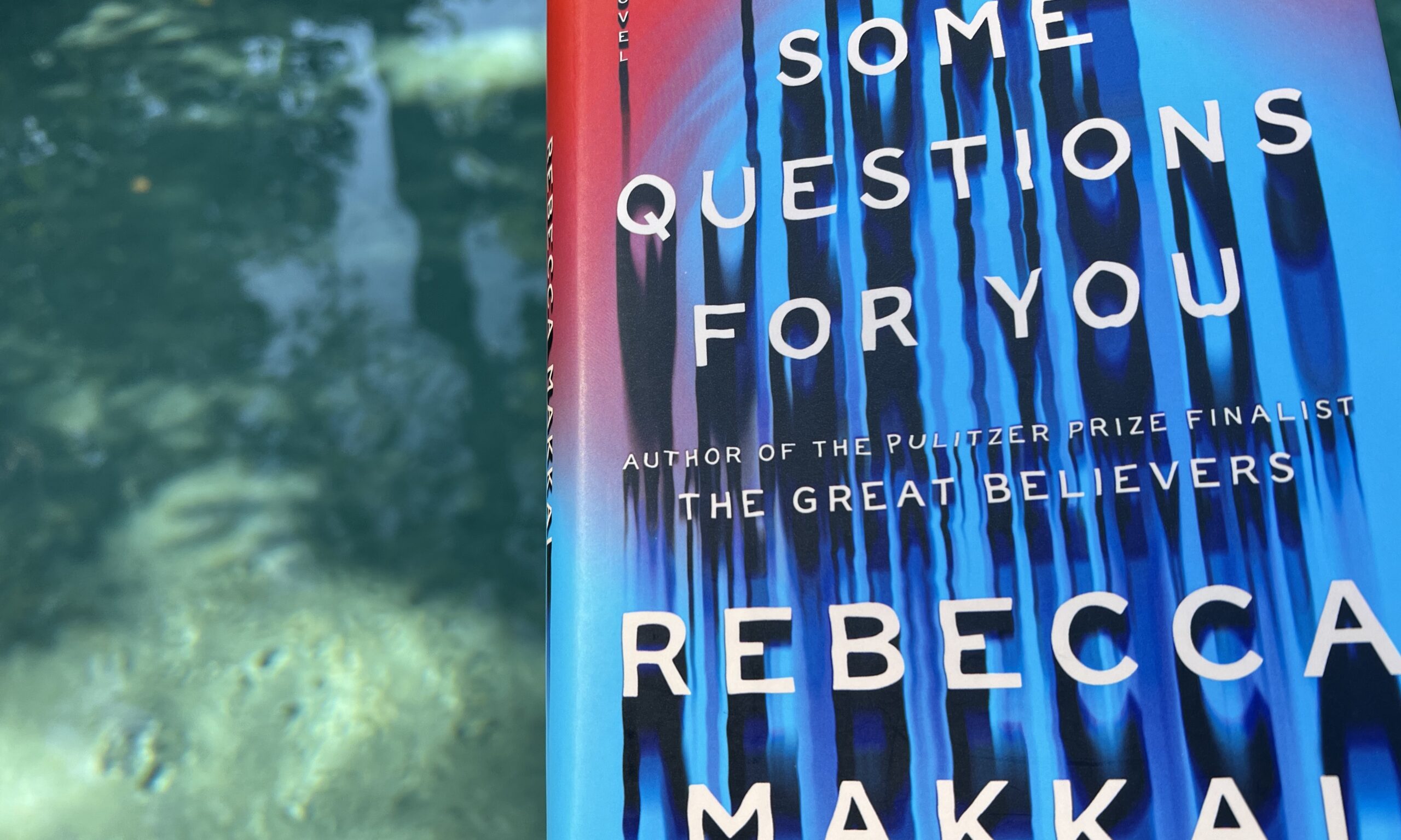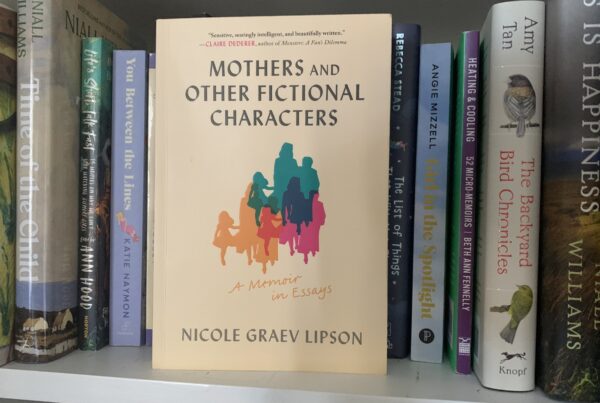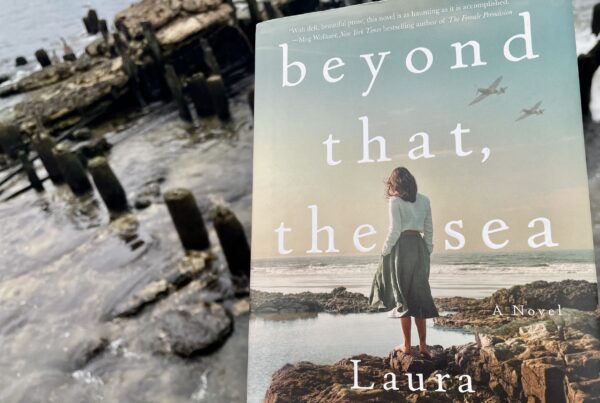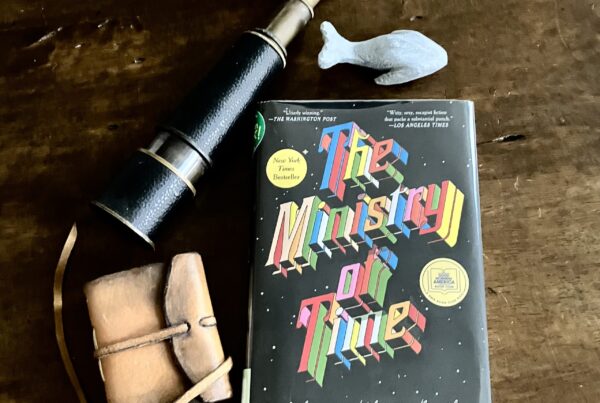All the 7th grade girls knew about greasy-faced Mr. Carter who snapped our first bras while we were memorizing rivers and their tributaries. In high-school, we swooned over the handsome young English teacher, Mr H, but he “chose” the girl whose parents were getting divorced. I was a little jealous of my best friend, who inspired such passion in her tennis coach that he had a psychotic break and took off with her in his van on the way home from a tournament. In graduate school, my married writing instructor waited until the last day when I was “no longer [his] student but a peer” to make his move. At my first teaching job, everyone knew that the Head had left his previous prestigious school after “a relationship” with a student. At my next position, it was common knowledge that one of my colleagues had been married for years to his former ninth-grade pupil. These are just a smattering of my absolutely routine interactions in education, a particular subset of our perniciously sexist culture that has inspired a new crop of books shining a light on abuses large and small in spaces where older men groom and seduce those under their power, often with impunity.
Some of the recent standouts include My Dark Vanessa, a transformation of Lolita from the girl’s perspective; His Favorites by Kate Walbert, a powerful novella that examines the damaging fallout from the narrator’s “affair” with her English teacher; You All Grow Up and Leave Me, a fascinating memoir by Piper Weiss that tells a similarly bizarre (though ultimately tragic) story to the one about my friend (WTF, tennis coaches??); Trust Exercise by Susan Choi, where “truth” is manipulated in metafiction about predatory men and the young women whose trust they violate; Lacy Crawford’s devastating memoir Notes on a Silencing that details not only her sexual assault but also the St. Paul’s School’s efforts to shame and silence her; and the recently published novel My Last Innocent Year in which Daisy Albert Flores explores the ramifications of a young woman’s encounters with a fellow college student and a visiting professor. All of these books move back and forth between exquisitely detailed pasts at imposing boarding schools, Ivy League colleges, Upper East Side prep schools, or artsy public schools and a present where women are in varying stages of reckoning and healing. To this impressive lineup arrives Rebecca Makkai’s new novel I Have Some Questions for You, which, while delving into many other themes, simmers with barely contained rage at the men and boys whose transgressions, ranging from manipulation to murder, are accepted, protected, and even cultivated.
Makkai, whose dazzling novel, The Great Believers, is one of my absolute favorites, appears to be writing a less wide-ranging book in I Have Some Questions for You, but her talent and her investment in the subject matter result in a layered story with far-reaching implications and questions (more than a few!) about the complex relationships between girls and men, men and women, between different classes, different races, and, intriguingly, how we got to this place in our culture, where our obsession with crimes against pretty young white girls fuels entire media industries.
The narrator, Bodie Kane, a well-known podcaster and professor, returns to Granby School, the scene of her 1990’s high school trauma, where she was a deeply damaged, economically disadvantaged, isolated goth girl whose roommate, the beautiful, popular Thalia, is brutally murdered. Bodie, conflicted with sorrow, anger, guilt, shame, and near obsession with the case, is not-so-subtly hoping that one of her current short-term class students will reopen an investigation. A young Black man, the school’s athletic trainer and one of the only people of color on campus or in the state of New Hampshire, had confessed, recanted, been tried, and has been in jail for years. “What I wanted, but could never get, was to go back and see it happen. Not the grisly parts, not the death, but every step leading up to it, every moment when fate could have stepped just an inch to the side and left Thalia intact.”
Bodie takes us into a perfectly-rendered past life at Granby and keeps us riveted in the present, where she imagines different scenarios for Thalia’s murder and uncovers new clues. One of Makkai’s many skillful choices is to have Bodie address the book to the “you” of the title, an English teacher with whom she felt a close connection and who, she comes to realize, may have been inappropriately involved with Thalia. As the novel unfolds into a courtroom drama, Makkai keeps widening the story’s reach and resisting any simplistic judgments, whether about what constitutes abuse; the responsibility of institutions; the complexity of social, racial, and economic pressures; or the elusiveness of justice. When Makkai describes, as she has done many times before, Thalia’s last moments, though we have known from the beginning how it ends, this last, most likely “true” vision of Thalia’s death is deeply affecting.
Makkai effortlessly balances the propulsive, page-turning plot with deeper rumination on how our culture, certainly then and even now, conditions girls and empowers boys in destructive ways. Echoing through the book are seemingly endless examples in which women and girls end up dead at the hands of men, a chilling refrain reminding us that the fictional specificity of I Have Some Questions For You is placed in a much wider context. Men have written and dominated these stories, fictional and factual, for a long, long time. Makkai is asking nothing less than how to change a world-wide dynamic. I believe the answer is to read the new stories, to hear the women, to pay attention, to write our own stories, to raise our own voices.




